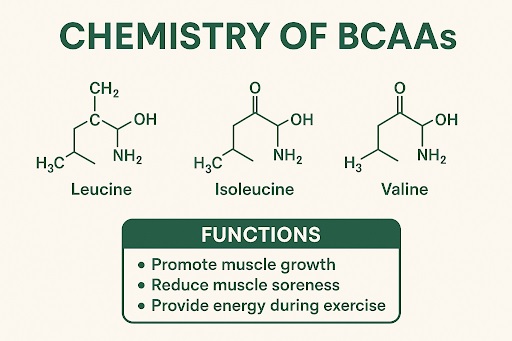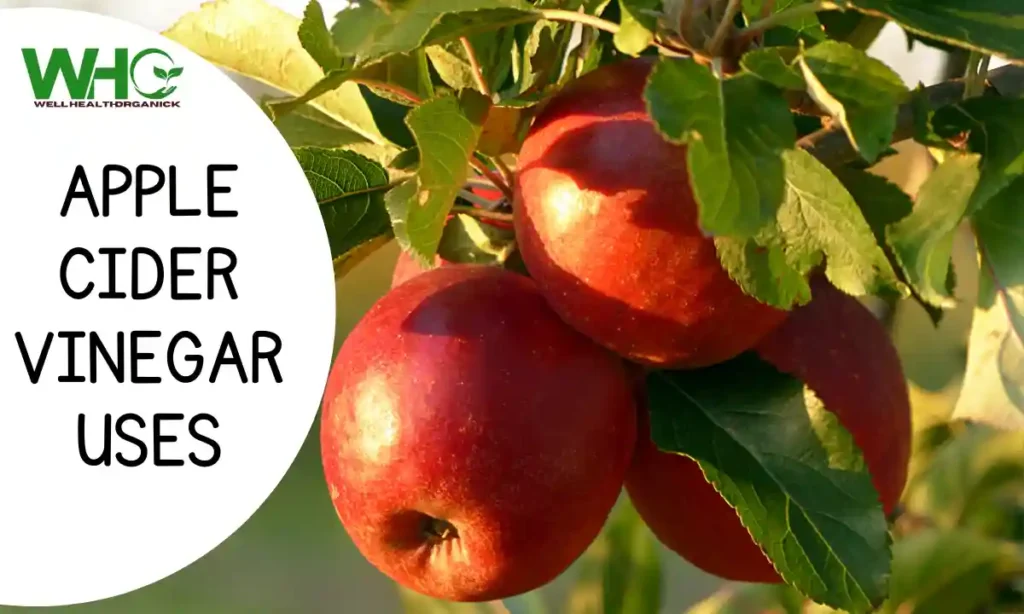You probably hear people throw the word BCAA around at the gym or in fitness circles. Sounds fancy, right? But what are they and do they really help you recover faster? Let’s cut the fluff and get into it.
What Are BCAAs?
BCAA stands for branched-chain amino acids. It’s a group of three types. leucine, isoleucine and valine. These are essential, which means your body can’t make them on its own.
In fact, you can only get them through food or supplements. Why do people care so much? They play a direct role in muscle repair and energy during workouts.
Do BCAAs Really Speed Up Recovery?
Studies suggest they can reduce muscle soreness after intense training. Don’t erase it, but cut it down. That matters when you want to stay consistent.
Ever tried squatting heavy and then walking the next day? Yeah, not fun. BCAAs help make that soreness manageable.
That’s why you have heard that post-workout Recovery blends or powders come in handy. They make sure you’re not falling short.
What’s The Optimal Time To Take BCAA?
This is one of those big questions people debate. The optimal time to take BCAA often depends on your routine. Some swear by sipping before training for extra energy. Others take it right after workouts to support muscle repair.
Research shows both windows can work. The key is consistency. Don’t overthink timing to the minute. So, just make sure it’s around your workout window.
What About Cycling Amino Acids?
Here’s another debate: should you take BCAAs every day or cycle them? Cycling amino acids basically means you use them for a period, then take a break.
Some athletes do this to avoid dependence or to give their body a reset. Science doesn’t say you must cycle.
But some lifters like the rhythm of on-and-off. It’s more about personal preference than strict rules.
Is There A Best Time For Taking BCAA?
People love the idea of a single “best time.” Morning, pre-workout, post-workout and even bedtime, different camps exist.
Honestly? The best time for taking BCAA is the one you’ll actually stick to. If you train in the morning, have it before or after.
If you train in the evening, do the same. It’s not about the clock. Just know that it’s about pairing BCAA intake with your training window.
How Does Plant-Based Recovery Fit In?
Here’s the cool part. Plant-based athletes used to struggle with amino acid coverage. Not anymore. Blends today combine pea, rice, hemp and other proteins to hit a complete amino profile.
That’s why we always recommend adding BCAAs on top. This way, you’re giving your muscles what they need without leaning on animal products.

Brands like Sunwarrior offer Active Sport Supplements that focus on that exact balance. Clean sources, complete recovery, no unnecessary extras.
Do You Even Need BCAA If You Eat Enough Protein?
Fair question. If your diet already covers protein and you get enough leucine, you might not need extra BCAAs.
Whole foods should come first. But when you train hard or follow a vegan lifestyle, supplementation makes life easier. It’s not about replacing food. In fact, it’s about supporting your body when your diet alone doesn’t fully keep up.
Final Words
BCAAs aren’t a magic powder. All the power lies in their chemistry. That is why they are known as the best sources for many problems. They reduce soreness, support recovery and give plant-based athletes an edge.
So, if you’re training hard and want to bounce back faster, they’re worth considering. Just remember that you should consider your food first, supplements second. Use them as support not as a crutch.



